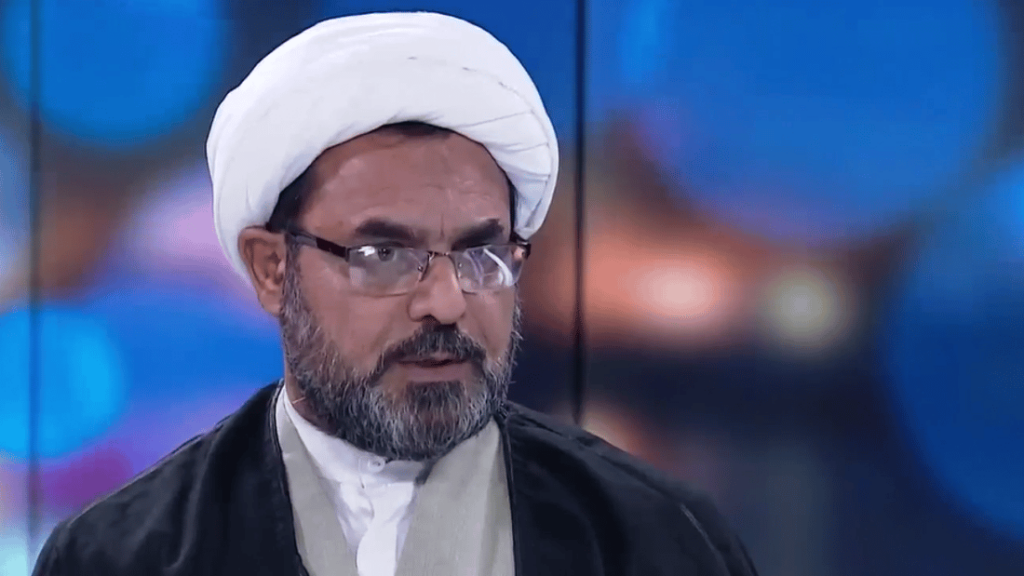Amid Iraqi protests, Kurdish leader, national security chief stress reform

Crowds took to the streets in Baghdad and then in several other cities in early October for approximately a week, during which close to 140 were killed—mostly protesters, as the security forces responded violently to disperse and deter demonstrations, including the use of live rounds.
In the days following the first surge of protests, Abdul Mahdi made promises of reform and a cabinet shuffle, but protesters viewed the response as insufficient and returned to the streets again on Friday. While demonstrations were initially peaceful, they quickly turned violent as the security forces responded with a confrontational show of force. Demonstrators also upped the ante, torching dozens of government buildings and political party offices.
Read More: Iraq protests: Security forces kill 3 and wound 84 in Baghdad, arrest 25 in Basra
On Sunday, Abdul Mahdi ordered the elite Counter-Terrorism Service to deploy in the streets of Baghdad in purported efforts to protect important state buildings as other security forces worked to control the throngs of angry citizens that poured into public spaces.
Read More: Iraq deploys elite counter-terrorism force to end Baghdad protests
Reuters quoted anonymous security sources in Iraq on Saturday, who said the elite forces had been informed to “use all necessary measures” to stop the demonstrations.
On Saturday, one of the largest parties in the national parliament announced it would be moving to the legislature’s opposition, urging other factions to follow suit in order to force the passage of national reforms.
Editing by John J. Catherine




